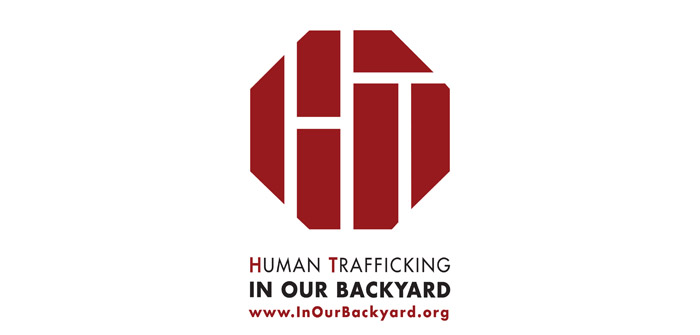Human trafficking may be more of a problem in Central Oregon than we think. A report released by nonprofit IN OUR BACKYARD (IOB) — Central Oregonians Understanding of Human Trafficking — highlighted the need for training on human trafficking in order to aid in recognition of victims in our community. The study, co-authored by Nita Belles of IN OUR BACKYARD and Professor Donna J. Casey of Central Oregon Community College, surveyed both service-providers and the community-at-large and found that 75 percent of respondents did not feel they could identify a victim of human trafficking. Of those that could, interactions with 242 potential victims were reported.
More trafficking is happening in small cities and rural areas than originally thought. The problem lies in that it is more discreet than in larger cities. Often victims are hidden in plain sight — behind you in the grocery store line, cleaning the home across the street, selling you something door-to-door and using a convenience store restroom.
A startling 62 percent of service providers surveyed reported that they’ve had no training regarding human trafficking and 66 percent that their agencies do not have a screening tool to identify victims.
“We are not going to arrest or legislate our way out of this problem — we have to change our culture. We’ve got to make it not ok to buy children, to buy adults for sex or force them into labor. We’ve got to stop this mentality that this purchase of another human being is ok, ever,” declared IOB Founder and Executive Director Nita Belles. “And we do this through education. Imagine how many more victims could be recovered if everyone was trained to recognize human trafficking, understood the factors that perpetuate it, and knew how to appropriately respond.”
Survivors have confirmed that a lack of awareness of human trafficking also makes Central Oregon a sweet spot for recruiting victims. Community member respondents in the survey overwhelmingly indicated (92 percent) the importance of including age-appropriate curriculum on human trafficking in our schools.
In 2018, IOB formalized and expanded their schools’ program—Teens Against Trafficking—and reached 1,460 students in 13 Central Oregon middle and high schools. IOB also trained all the school nurses in the state of Oregon. Their hope is to reach all middle and high schools in Central Oregon to prevent this unspeakable tragedy through education of youth.
The Central Oregon community has rallied behind the work IN OUR BACKYARD through sponsorships, donations and grants. As a result of this support in 2018, IN OUR BACKYARD trained more than 12,000 community members and service providers across the U.S., many of whom live right here in Central Oregon. But there is still more work to be done.





